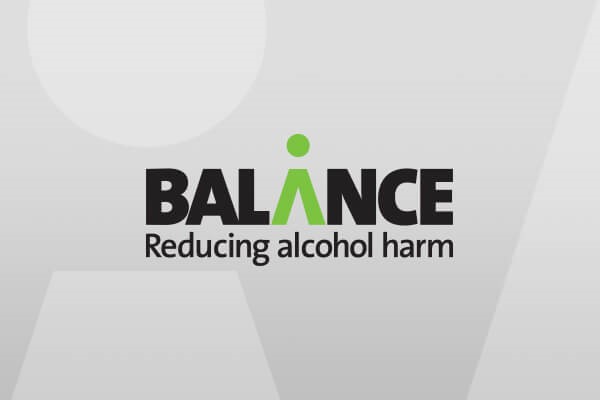New figures reveal the extent of childhood drinking
Balance, the North East Alcohol Office, is calling for more to be done to protect young people from the harms of alcohol as new figures released today (Thursday 2 November) reveal an estimated 16,500 young people in the region are drinking every week.
The 2016 ‘Smoking, Drinking and Drug Use among Young People in England’ report published by NHS Digital found that a worrying 12% of secondary school pupils in the North East are drinking regularly compared with 10% nationally, while an estimated 9,300 have been drunk once or twice in the last four weeks.
The data, which surveyed 11 – 15 year olds, also reveals that nearly half of young people (49%) – around 67,000 – have drunk alcohol in childhood, compared to 44% nationally. This puts the North East among the highest in the country, just behind the North West at 50% and on a level with Yorkshire and the Humber (49%).
The figures are in stark contrast to the Chief Medical Officer’s guidance which clearly recommends an alcohol-free childhood as the healthiest and best option and, if children do drink, it should not be at least until the age of 15. The guidelines go on to say that even at age 15 and older, drinking can be hazardous to health and not drinking at all is the safest option.
The evidence shows drinking alcohol can damage a child’s health, affecting the development of vital organs and functions, including the brain, liver, bones and hormones, and can be linked to depression and risky behaviour. Young people who start drinking at an early age, drink more, and more frequently, than those who delay their first alcoholic drink. They are also more likely to have problems with alcohol later in life.
Today’s findings come as a new report published by Cancer Research UK exploring the views of 13 – 18 year olds on alcohol marketing, highlights the fact that alcohol advertising is widely seen and heard by children, with teenagers finding it appealing. Brands with brightly-coloured packaging and drinks with high levels of added sugar were found particularly to appeal young people.
Responding to today’s findings, Colin Shevills, Director of Balance, commented: “Clearly these figures are worrying, particularly when the medical advice strongly recommends no alcohol before age 15. We know from recent research that more young people are choosing not to drink, but today’s findings demonstrate that more still needs to be done.
“It’s time that the alcohol industry stops sending out dangerous messages to young people normalising alcohol consumption and suggesting alcohol is needed to have fun and be popular. In reality alcohol makes children and young people vulnerable by encouraging poor decisions they can later regret. It also exposes them to a range of long-term health risks, including an increased risk of developing at least seven different types of cancer.
“The evidence shows that someone who begins drinking as a young teen is four times more likely to develop alcohol dependence than someone who waits until adulthood to drink alcohol, so it’s vitally important something is done to reduce the number of young people turning to alcohol.
“We understand that for parents it is not always easy knowing the right thing to do, and there are a number of myths out there about young people’s drinking. But the medical guidance is clear that the safest and healthiest approach is for all young people to have an alcohol-free childhood.
